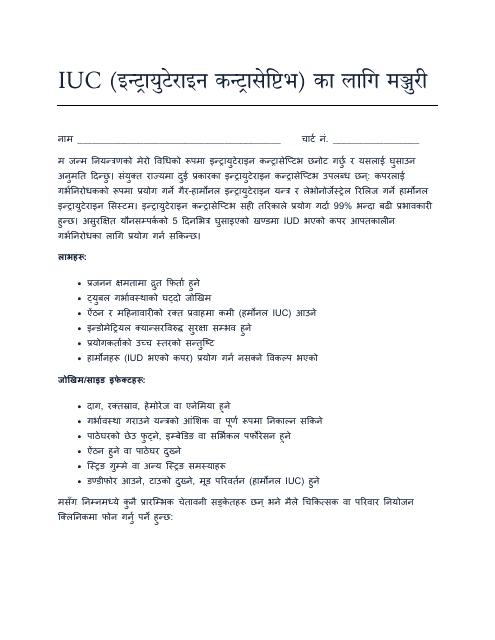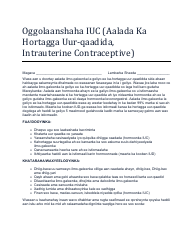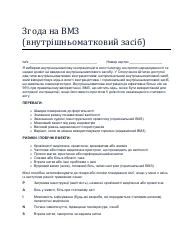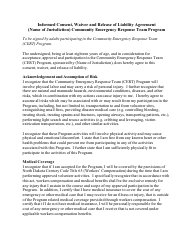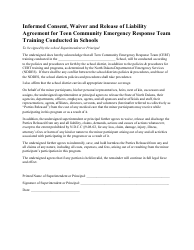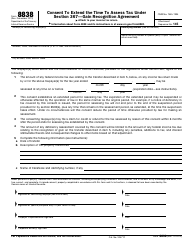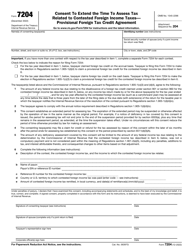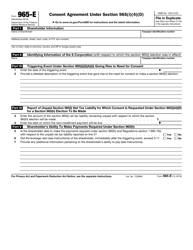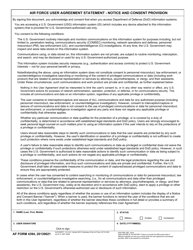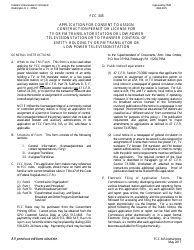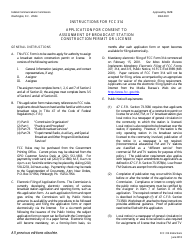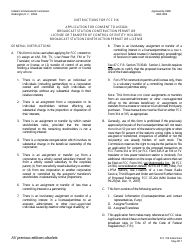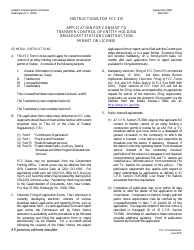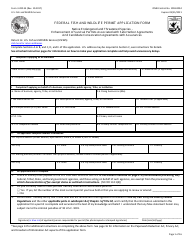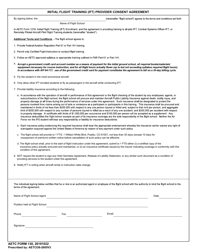Consent for Iuc - North Dakota (Nepali)
"Consent for IUC - North Dakota (Nepali)" is a document that provides information in the Nepali language for patients who are considering an intrauterine contraception (IUC) procedure in the state of North Dakota, USA. The purpose of this document is to gain informed consent from the patient undergoing the procedure, ensuring they fully understand all risks, benefits, and alternatives associated with IUC. As the document is translated into Nepali, it is specifically aimed at Nepali-speaking residents of North Dakota.
The consent for Intrauterine Contraception (IUC) in North Dakota is typically filed by the patient who wishes to undergo the procedure. If the patient is Nepali, they will still file the same consent, but they may choose to do so in their native language if it's more comfortable for them. However, it is crucial that the medical provider ensures the patient fully understands the information about the procedure, risks, and alternatives. In certain scenarios, an authorized representative or a health care agent may also file consent if the patient is unable to do so themselves. Please note that the specific process may vary and it is always recommended to consult with a healthcare professional for accurate information.
FAQ
Q: What is IUC?
A: IUC stands for Intrauterine Contraception, which is a form of long-term, reversible birth control that is placed inside a woman's uterus to prevent pregnancy.
Q: What is the document 'Consent for IUC - North Dakota'?
A: The 'Consent for IUC - North Dakota' is a document that pregnant women in North Dakota must sign to give their approval for the use of an Intrauterine Contraceptive device.
Q: Why is the 'Consent for IUC' document in Nepali?
A: The 'Consent for IUC' document is provided in Nepali to accommodate women from Nepal who live in North Dakota but may not be proficient in English.
Q: How effective is Intrauterine Contraception (IUC)?
A: Intrauterine Contraception (IUC) is over 99% effective. IUCs are one of the most effective forms of birth control available.
Q: Is it common for the United States to provide documents in languages other than English?
A: Yes, it's not uncommon for various agencies in the United States to provide documents in languages other than English. This is to facilitate non-English speakers or residents who are more proficient in other languages.
Q: Can the 'Consent for IUC - North Dakota' document be translated into other languages?
A: Yes, the 'Consent for IUC - North Dakota' document can be translated into other languages upon request and depending on the resources and regulations of the healthcare provider in North Dakota.
